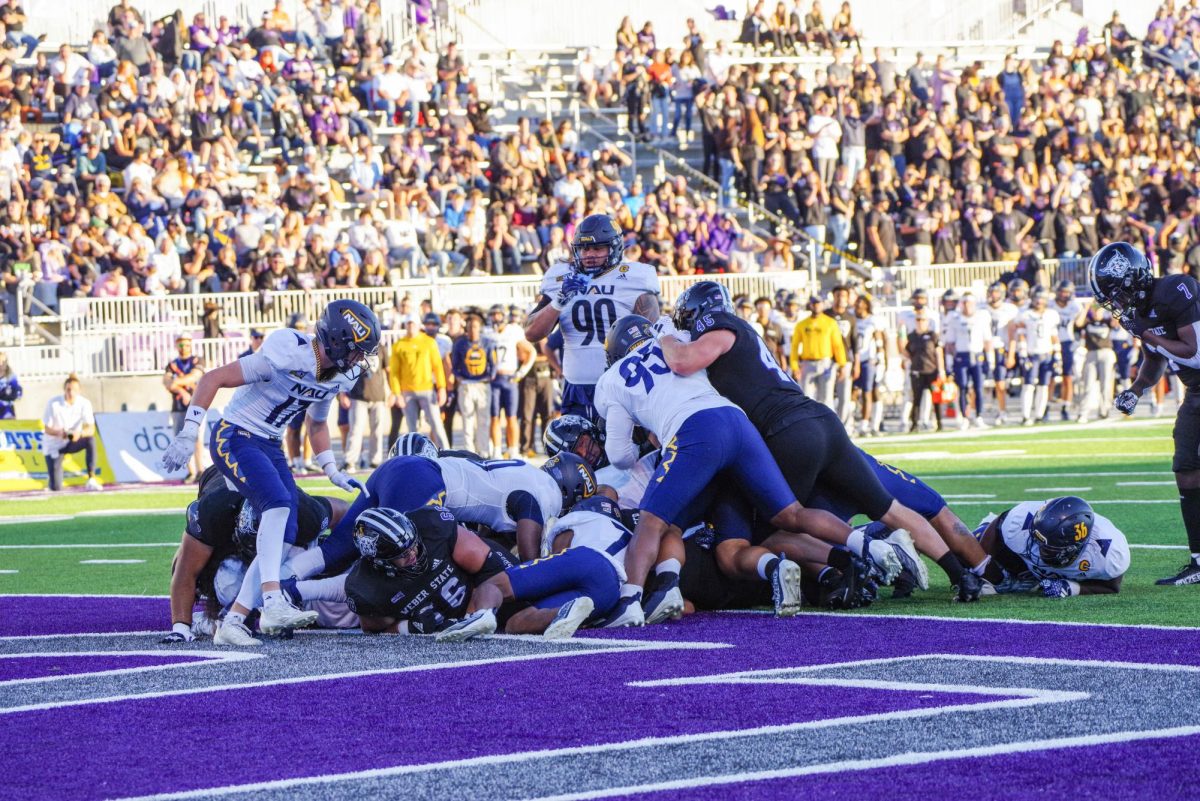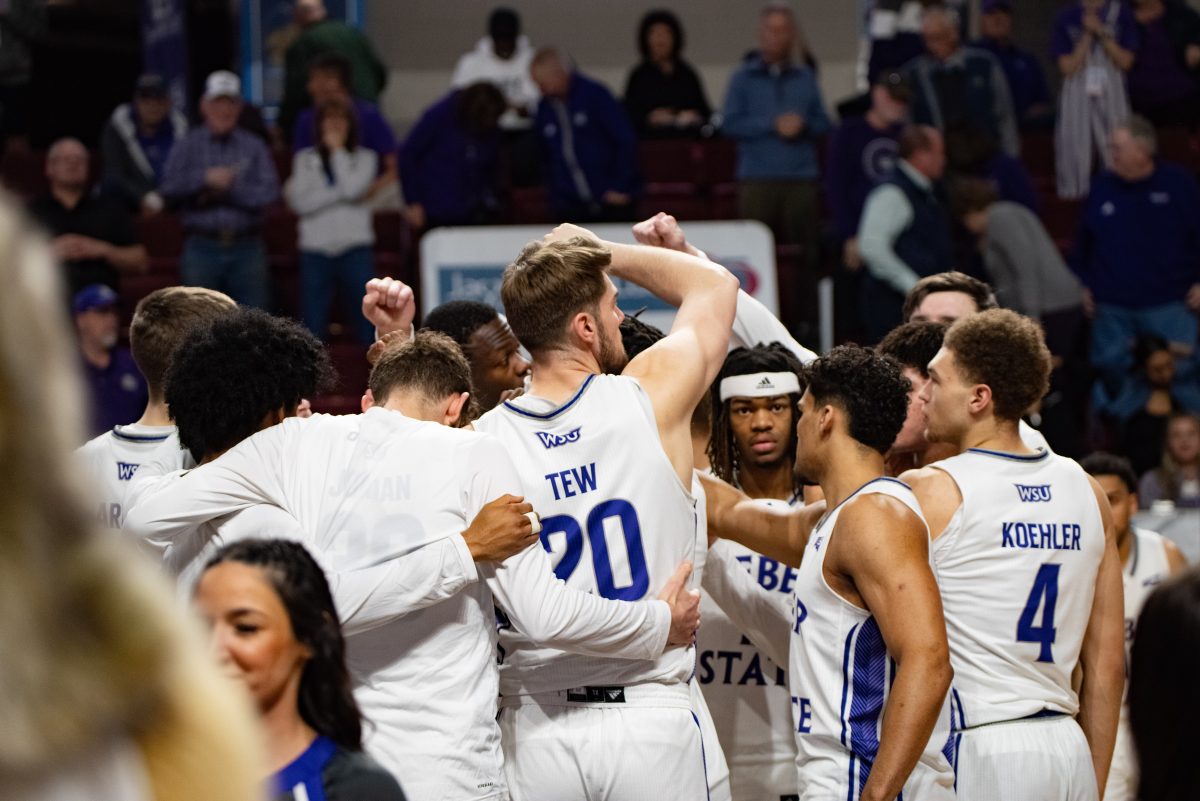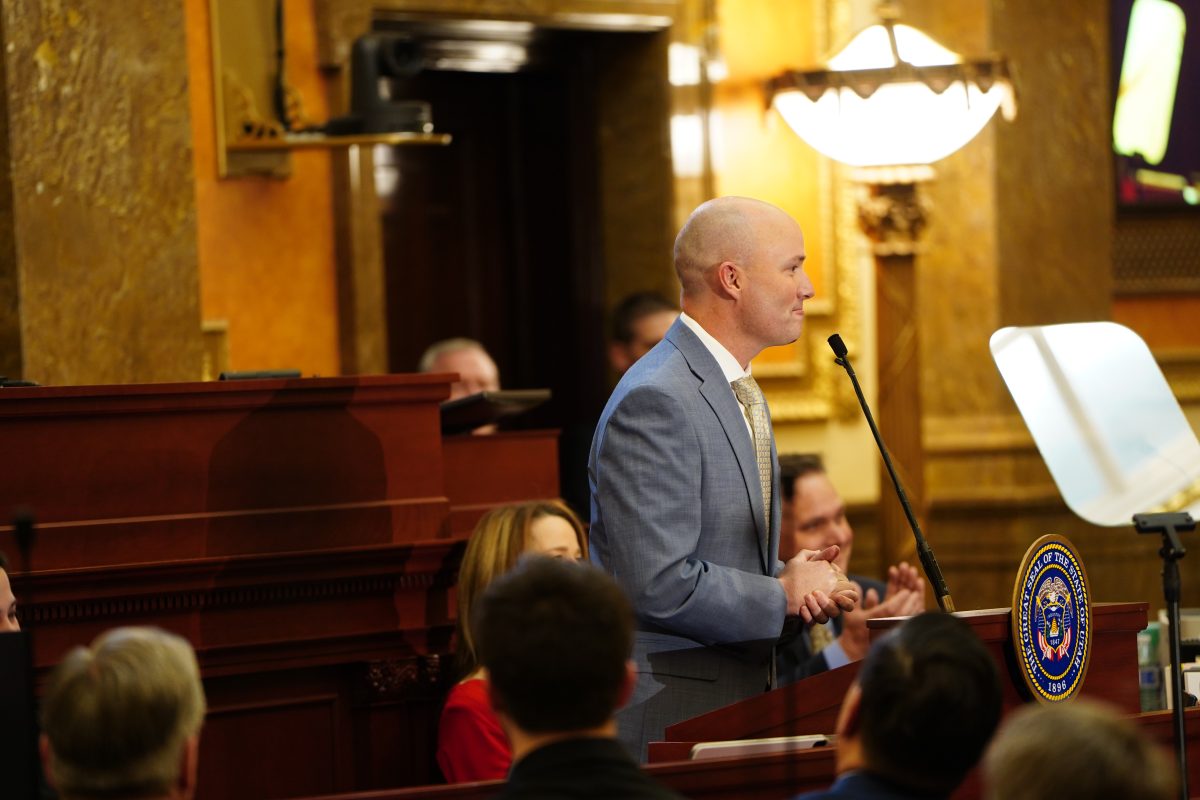
A study conducted by Micropia and TNO in the Netherlands said as many as 80 million bacteria are transferred during a 10-second kiss.
Over 100 trillion microorganisms live in our bodies, which we call the microbiome. These microorganisms aid in digestion of food, the synthesization of nutrients and help prevent diseases. These microorganisms are shaped by genetics, diet, age and the interaction of other individuals. The mouth hosts 700 different varieties of bacteria.
Researchers studied 21 couples, asking them to fill out a questionnaire on their kissing habits, including their average kissing frequency. Researchers then took swab samples to investigate the composition of the bacteria on their tongue and in their saliva.
Intimate kissing involving full tongue contact and saliva exchange is a common courtship behavior that is unique to humans and is common in 90 percent of cultures around the world. The study found that the more often a couple kisses, the more similar they are in oral microbiota.
During the controlled kissing experiment, one member of the couple was given a probiotic that contain specific varieties of bacteria, including lactobacillus and bifidobacteria. Researchers found that after an intimate kiss, the quantity of probiotic bacteria rose threefold in the receiver’s saliva. This calculated that a total of 80 million bacteria would have been transferred in a 10-second kiss.
Research also found that although couples may have more similar bacteria on the tongue, their similarity did not change with more frequent kissing like it did in the saliva.
The study also found that men reported higher kissing frequency than the women of the same couple. While 74 percent of the men reported higher intimate kiss frequencies, the women reported half that.




